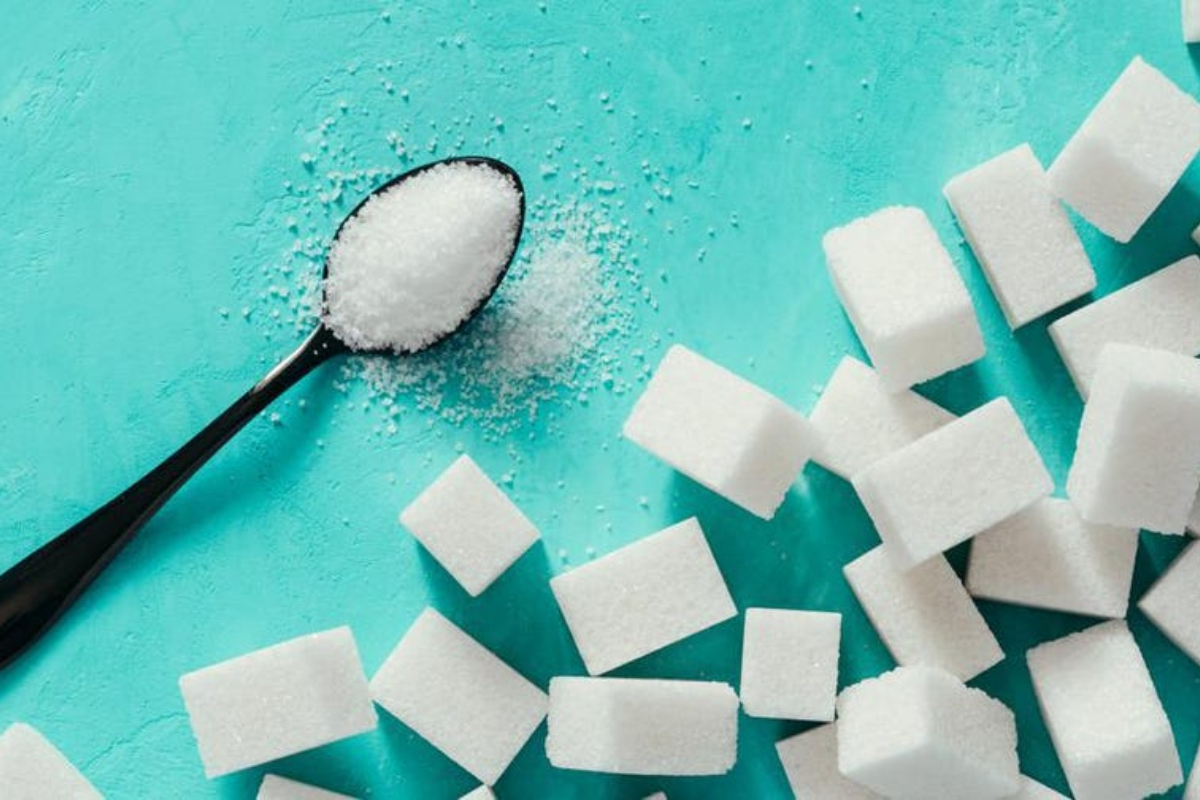- The artificial sweetener erythritol has been linked to heart disease.
- The source of this chemical is fermented corn.
- It made it possible for blood to clot, which raised the risk of heart attack and stroke.
Those who want to consume less refined sugar have utilised artificial sweeteners extensively in their diets. Nevertheless, erythritol, a component of these zero-calorie sweeteners, has been linked in a recent study to blood coagulation, stroke, and heart attack.
The Cleveland Clinic Lerner Research Institute released a study on Monday in the journal Nature Medicine that demonstrated individuals with pre-existing risk factors for heart disease were twice as likely to have a heart attack or stroke if their blood erythritol levels were the highest.
“Sweeteners like erythritol have rapidly increased in popularity in recent years, but there needs to be more in-depth research into their long-term effects,” said senior author Stanley Hazen, who is also co-section head of preventive cardiology at Cleveland Clinic and chairman of the Department of Cardiovascular & Metabolic Sciences at Lerner Research Institute.
He continued by saying that while cardiovascular health improves with time, it is critical to consider what a person consumes and whether their food contains any unintentional heart disease risk factors.
It was discovered that more than 4,000 people in the US and Europe had greater blood levels of erythritol and were more likely to experience serious adverse cardiac events. The study’s findings showed that erythritol made it simpler for blood platelets to activate and form a clot. The consumption of this chemical, according to past studies, increased the chance of clot formation, which in turn raised the risk of heart attack and stroke.
ERYTHRITOL: WHAT IS IT?
Table sugar is frequently swapped out for artificial sweeteners like erythritol in low-calorie, low-carb, and keto products. The researchers hypothesised that persons who need to control their sugar or calorie intake frequently give recommendations for sugar-free foods that also contain erythritol.
A study reveals that the ideal time to exercise for a longer life is in the afternoon.
Erythritol is made by fermenting corn and is around 70% as sweet as sugar. It’s crucial to remember that erythritol is poorly metabolised by the body. Instead, it enters the bloodstream and primarily exits the body through the urine. Although the human body naturally produces only little amounts of erythritol, any additional consumption might pile up.
The long-term effects of artificial sweeteners generally, and erythritol specifically, on the risks of heart attack and stroke, particularly in persons at higher risk for cardiovascular disease, require further safety research, according to Dr. Stanley Hazen.
[embedpost slug=”five-ways-supplements-can-help-a-healthy-diet-for-people-who-dont-maintain-exercise/”]

















